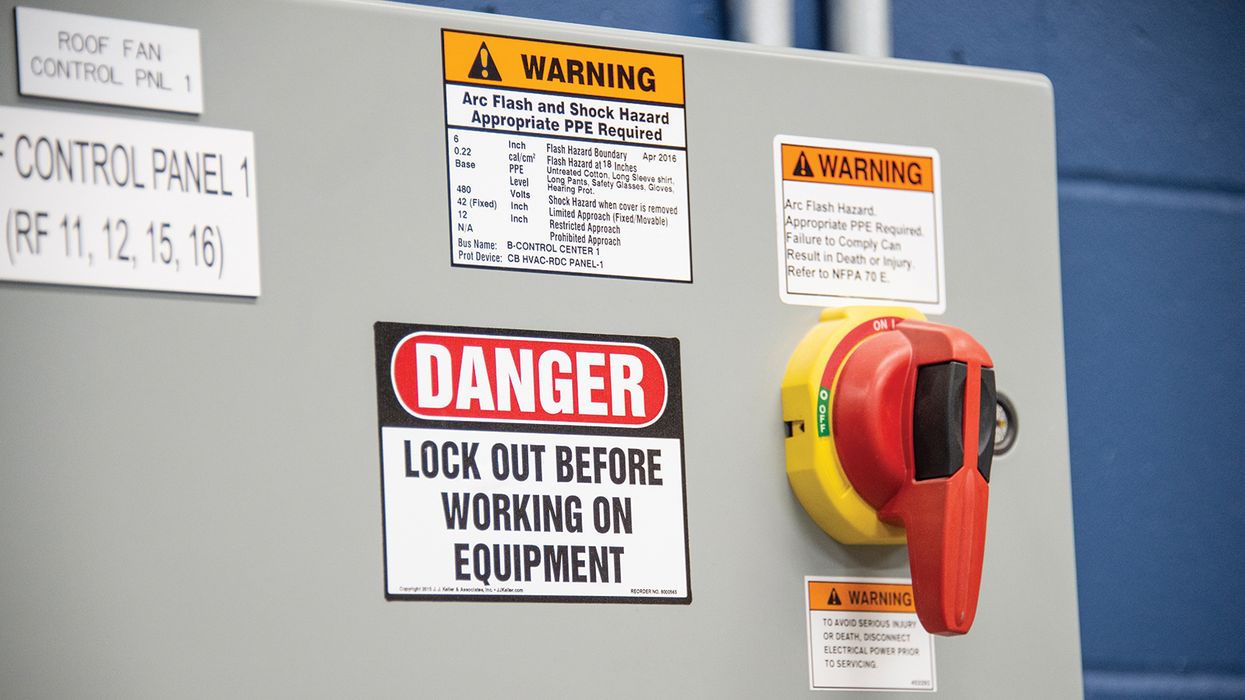California bill says employees should “disconnect ”
New workplace legislation being considered in California wants employees to be able to fully “disconnect” from work when they wrap up their day.
If passed, the “right to disconnect” bill (AB 2751) would:
- Require a public or private employer to establish a workplace policy that provides employees the right to disconnect from communications from the employer during nonworking hours, except as specified.
- Define the “right to disconnect” to mean that, except for an emergency or for scheduling, as defined, an employee has the right to ignore communications from the employer during nonworking hours.
- Require nonworking hours to be established by written agreement between an employer and employee.
- Authorize an employee to file a complaint of a pattern of violation of the bill’s provisions with the Labor Commissioner, punishable by a specified civil penalty.
Whether or not this bill becomes law is unknown. It does, however, beg the question: How often are employers pestering their employees when they’re off work?
Wage and hour laws already in place nationally
From a compensation angle, federal law says that nonexempt (“hourly”) employees must be paid for all hours worked. So, if an employer is contacting employees after normal business hours with work-related questions, that’s most likely paid work time (unless an employee is exempt).
What about the FMLA?
Contacting employees who are on leave could bring problems under the federal Family and Medical Leave Act (FMLA). Although the FMLA doesn’t prohibit employers from contacting employees while on leave, it forbids employers from requiring that employees perform work while on FMLA leave.
Out of office, leave a message
Wages and leave aside, employees need their downtime to be with their family, friends, pets, and whoever else they’d like — or to be by themselves. This is their chance to regroup, recharge, and reset to be able to be productive at work.
Contacting employees off hours should be limited, whether they’re on vacation, paid time off, sick time, unpaid time, or leave.
Key to remember: Employers in California and elsewhere should keep this in mind next time they’re tempted to connect with employees who should be disconnecting from their jobs.























































